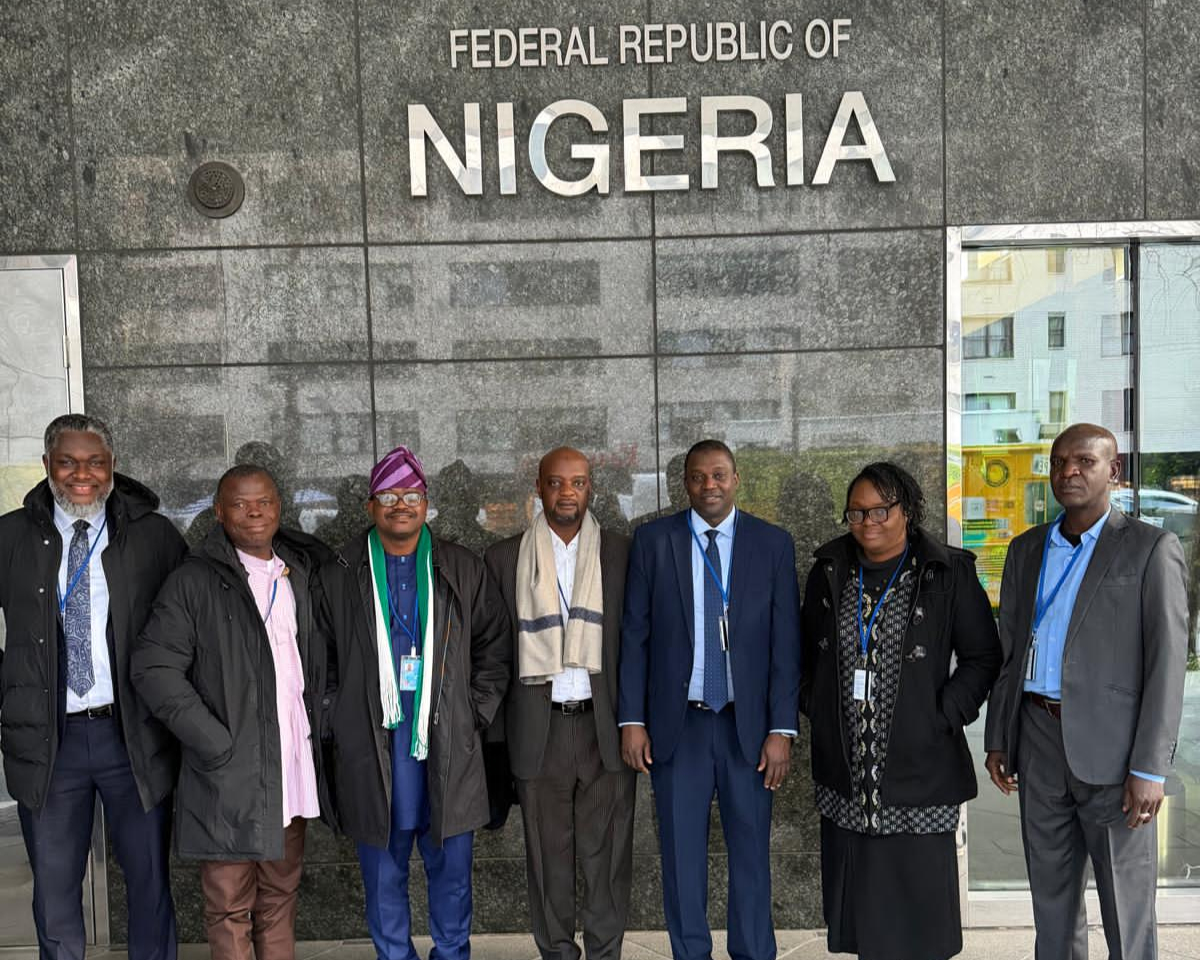Independent researcher, cleric and former banker, Robinson Ogochukwu Isichei, popularly known as Roi, is attracting international attention for his deep exploration of the growing interdisciplinary field at the intersection of Artificial Intelligence (AI), musicology, and religious studies.
In a series of recent and upcoming reviews, including one published in Communication in Physical Sciences (2023) and another expected in Applied Science, Computing and Energy (2025), Isichei explained how computational technologies are transforming humanity’s engagement with its cultural and spiritual foundations. His work has become a reference point for scholars, theologians, and technologists navigating this evolving terrain.
Based in Houston, Texas, United States, where he serves as Worship Pastor at The Way of Life Christ Ministries (Freedom House), Isichei combines his research with active pastoral and musical work.
He leads worship programmes, coordinates the church’s music department, and trains vocalists while integrating digital tools and AI-enhanced sound systems into modern worship. He is also known for writing and arranging original gospel songs, many of which are performed by his choir and shared on digital streaming platforms.
A passionate advocate for the responsible use of technology in faith spaces, Isichei’s current research explores how AI tools such as machine learning, natural language processing, and generative systems are being applied to musical creation and religious expression.
His studies show how AI is now used to study, compose, and even perform intricate forms of sacred music from identifying patterns in Gregorian chants to interpreting the rhythmic structure of African gospel hymns.
“Music and religious expressions have always been universal languages that carry deep social, emotional, and spiritual meaning,” Isichei noted, emphasising the human essence at the heart of his work.
In his 2025 paper, Isichei identified three major developments already shaping how AI interacts with religion and sacred music. The first is AI as a liturgical co-creator, where algorithms assist in composing hymns and developing new musical forms for worship.
The second is the algorithmic curation of spiritual experiences, in which AI customises and enhances religious engagement, for instance, adjusting musical patterns to evoke specific emotions or spiritual responses.
The third is the rise of synthetic spiritual communities, where AI-driven online platforms are beginning to simulate or complement traditional faith communities, prompting questions about authenticity and spiritual belonging.
While highlighting AI’s power for pattern recognition and cultural analysis, Isichei also warns of its ethical risks. His work underscores the tension between algorithmic design and the deeply human nature of spirituality. Though AI excels at detecting patterns, it struggles to convey meaning and emotion, raising concerns about cultural appropriation and the commercialisation of sacred traditions.
To address these challenges, Isichei advocated greater collaboration among theologians, ethnomusicologists, and technologists, arguing that such partnerships are crucial to preserving authenticity in digital worship.
“AI can enhance worship,” he said, adding: “but it must never replace the soul in it.” Beyond his research, Isichei continues to build influence as a thought leader, author, and mentor. He has published a book, The Mystery of the Second Born (ISBN: 978-978-916-9382), and holds professional certifications, including Foundations of Cybersecurity Coursera, 2023) and Scrum Master (International Scrum Institute, 2022). Fluent in English, Yoruba, and Igbo, he brings both academic depth and cultural diversity to his work.






